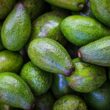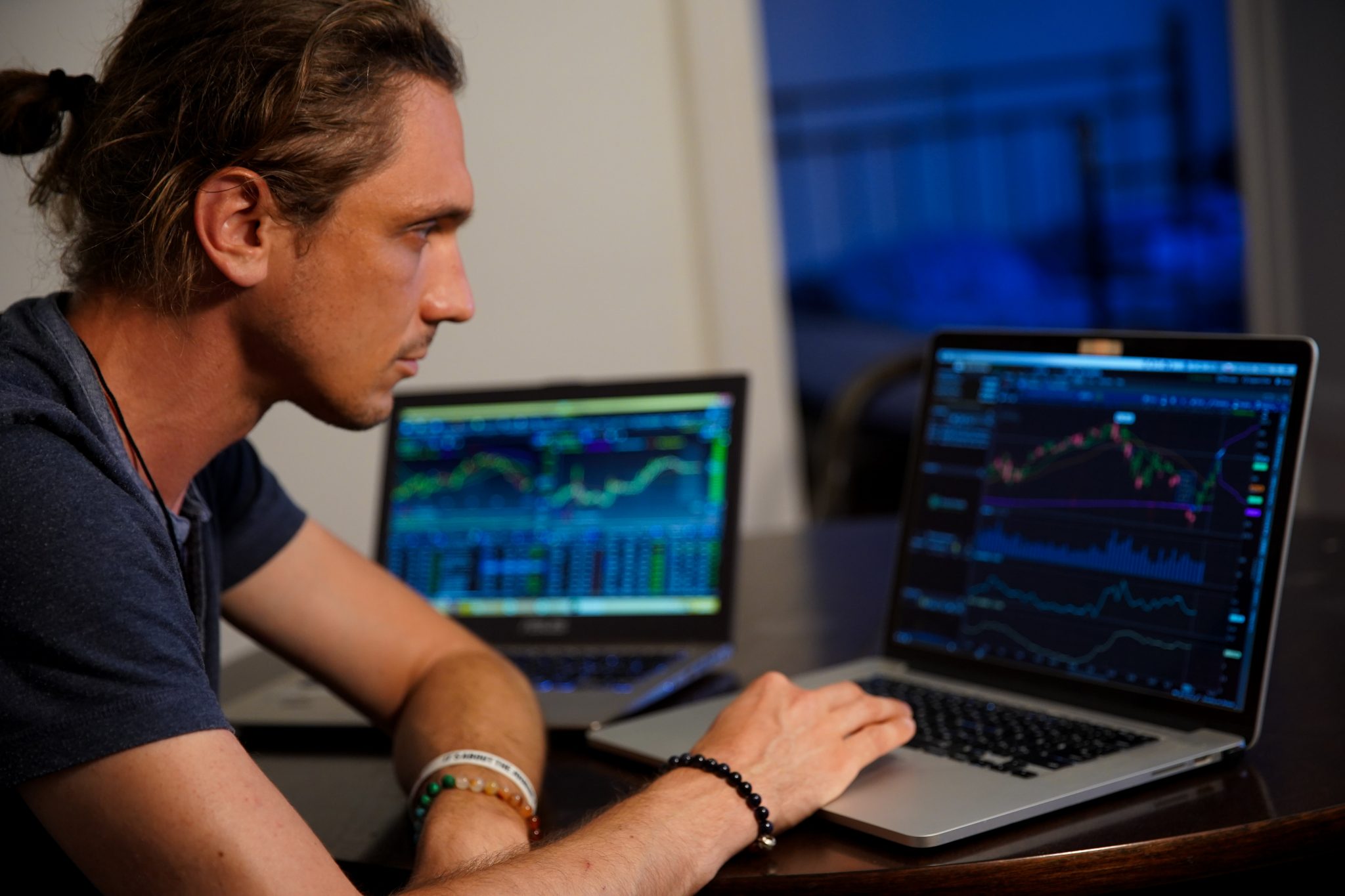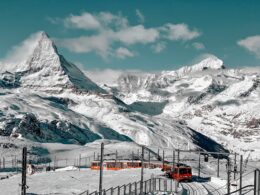Raw materials are bought and sold at all times around the world – from common consumer sales at the corner shop to billion-dollar obscure transactions. Commodity trading occurs naturally, without much public attention – except in cases of price spikes or some environmental scandals. This article is an introductory text to the world of commodity trading.
What Is Commodity Trading?
Commodities trading remains an elusive concept, and it does not help that many of the largest commodity traders are very secretive about their activities.
Our goal here will be to break it down into digestible pieces of content so that you can learn about commodities 5 minutes at the time.
Let’s start with the most basic introduction to the main topics about commodities.
Trading Commodities – What Are We Talking About?
Commodity trading refers to the international trade of raw materials for industrial use, generally in large quantities and in bulk.
Commodities are raw materials that are (fully) fungible, which means that one unit of a certain commodity (say one barrel of oil) can very easily substituted for another (almost) identical unit (another barrel of oil).
The concept originated centuries ago in different trading hubs around the world. Currently, commodity trading involves multiple additional layers of risk-management using financial instruments such as futures, options, forwards, swaps, and other derivatives.
Some commodity markets such as crude oil, gas, and basic food crops such as wheat, or soybeans are deemed strategically important, because their production, sourcing, and stockpiling, have geopolitical implications for international relations and foreign policy.
Physical Trading
Commodities are physical products, thus commodity trading is intrinsically linked with international logistics and shipping.
When trading firms buy or sell commodities for physical delivery (physical trading), they will also generally arrange for the delivery.
Paper trading
Paper trading, on the other side, refers to commodities (and other assets) that are traded electronically or on paper only, using derivative products such as forwards, and futures.
Thus, paper trading refers to transactions where the commodities are bought or sold “on paper”, without the actual intention to deliver the physical goods necessarily.
This can be done using paper contracts where the underlying asset is a commodity (for example coffee or cocoa).
Commodity traders use such trading instruments to control their risk hedge, speculate, and provide liquidity.
Spot Contracts
Some market participants want to buy or sell for immediate delivery. Such contracts are called spot contracts.
In these cases, the delivery will take place within a very short period of time, at a designated place, usually a trading hub, a storage facility, or off a pipeline.
Forward Contracts
Alternatively, parties might agree today to sell/buy a cargo at a price and conditions fixed today, but to be delivered only months or years later. These contracts are called forward contracts.
Derivative contracts come in a variety of shapes and forms and not only apply to commodities. Physical or cash markets mostly refer to forwards contracts. Exchange traded futures or OTC deals are referred to as paper markets.
Why Do Commodity Markets Exist?
Producers, consumers, and traders buy and sell commodities for different reasons, and with different objectives.
On the one side, producers want to sell their products at the highest price possible, on the other side, logically, consumers want to buy their supply at the cheapest price possible.
All parties want to protect their interests and monitor risks associated with the price of the commodity.








